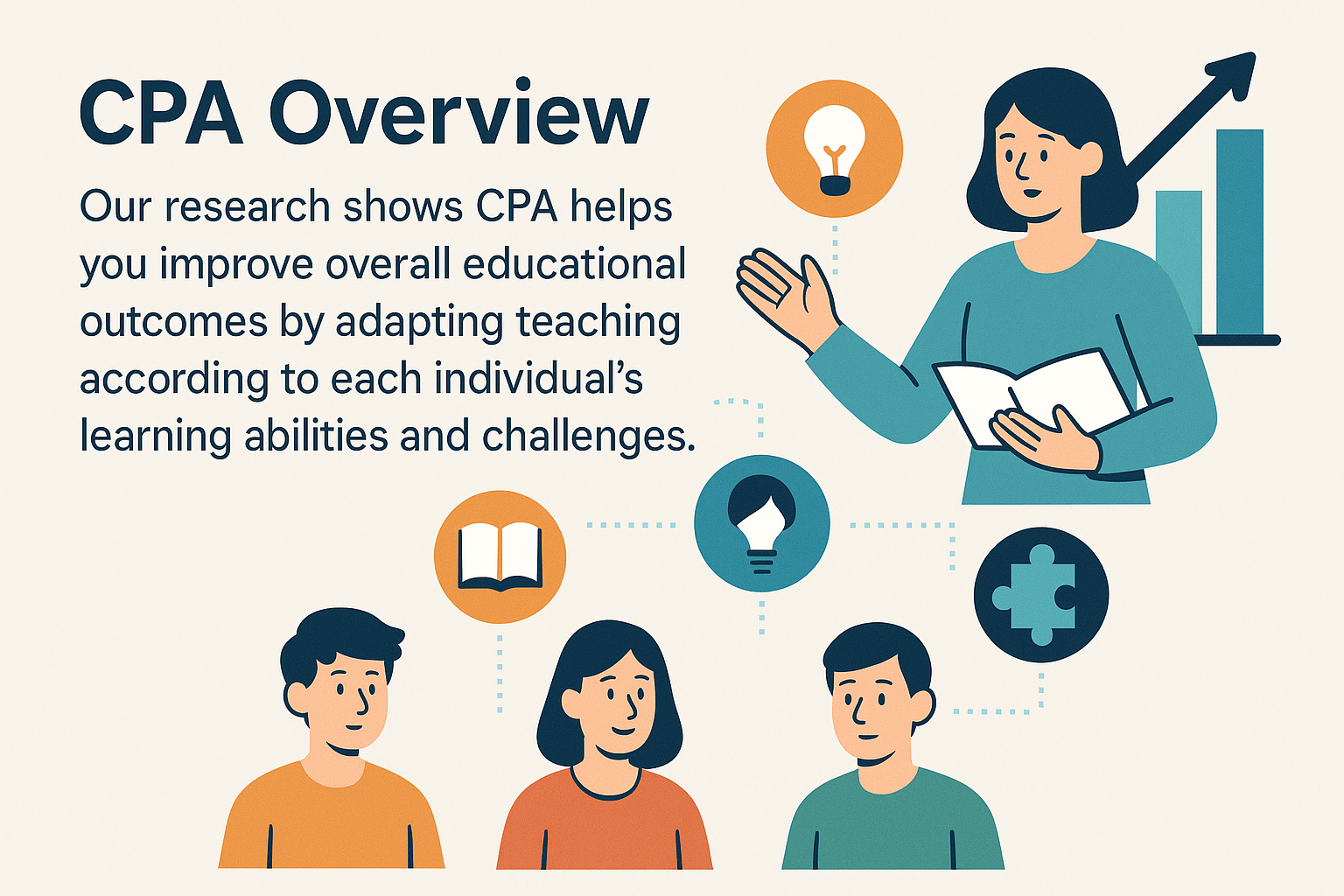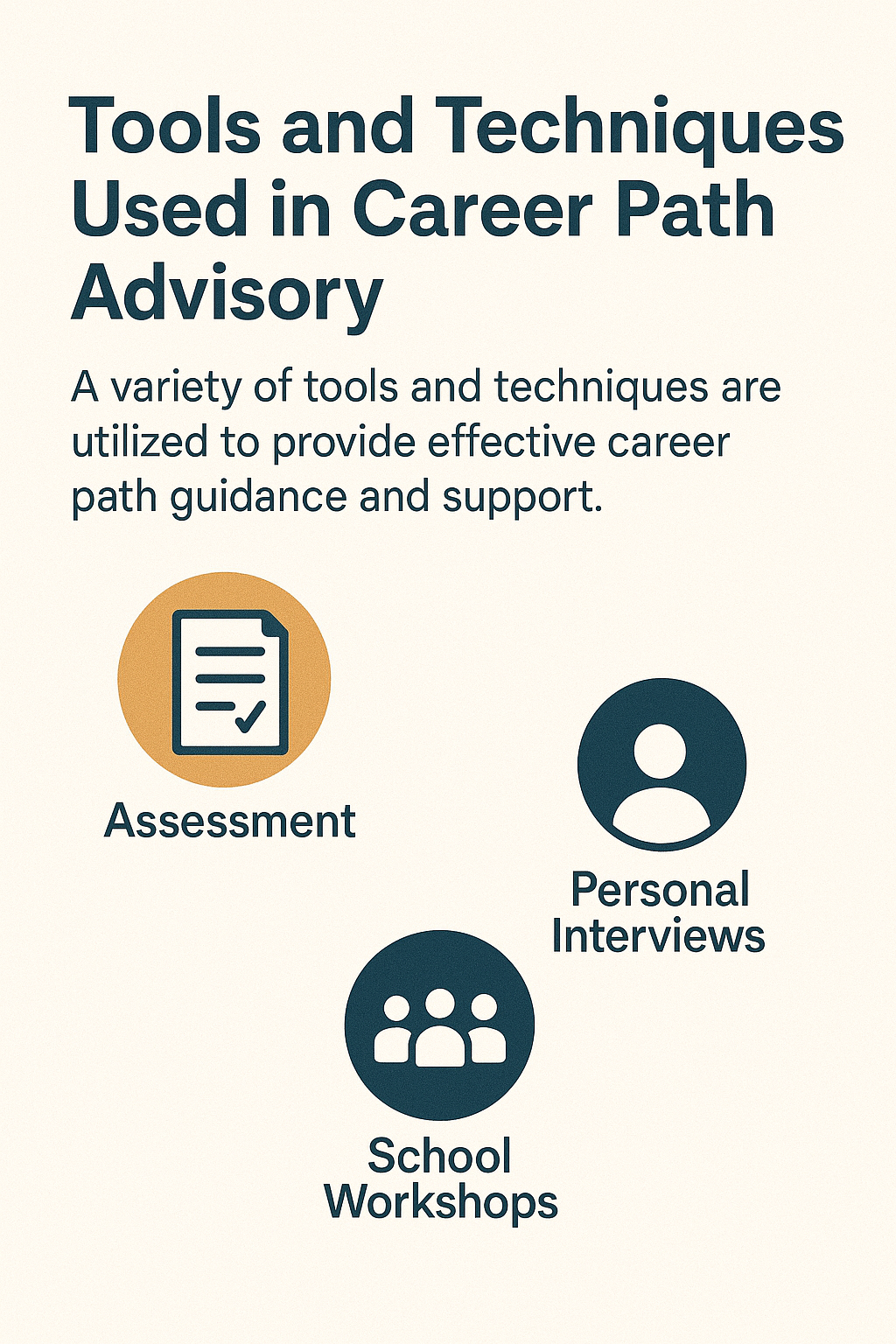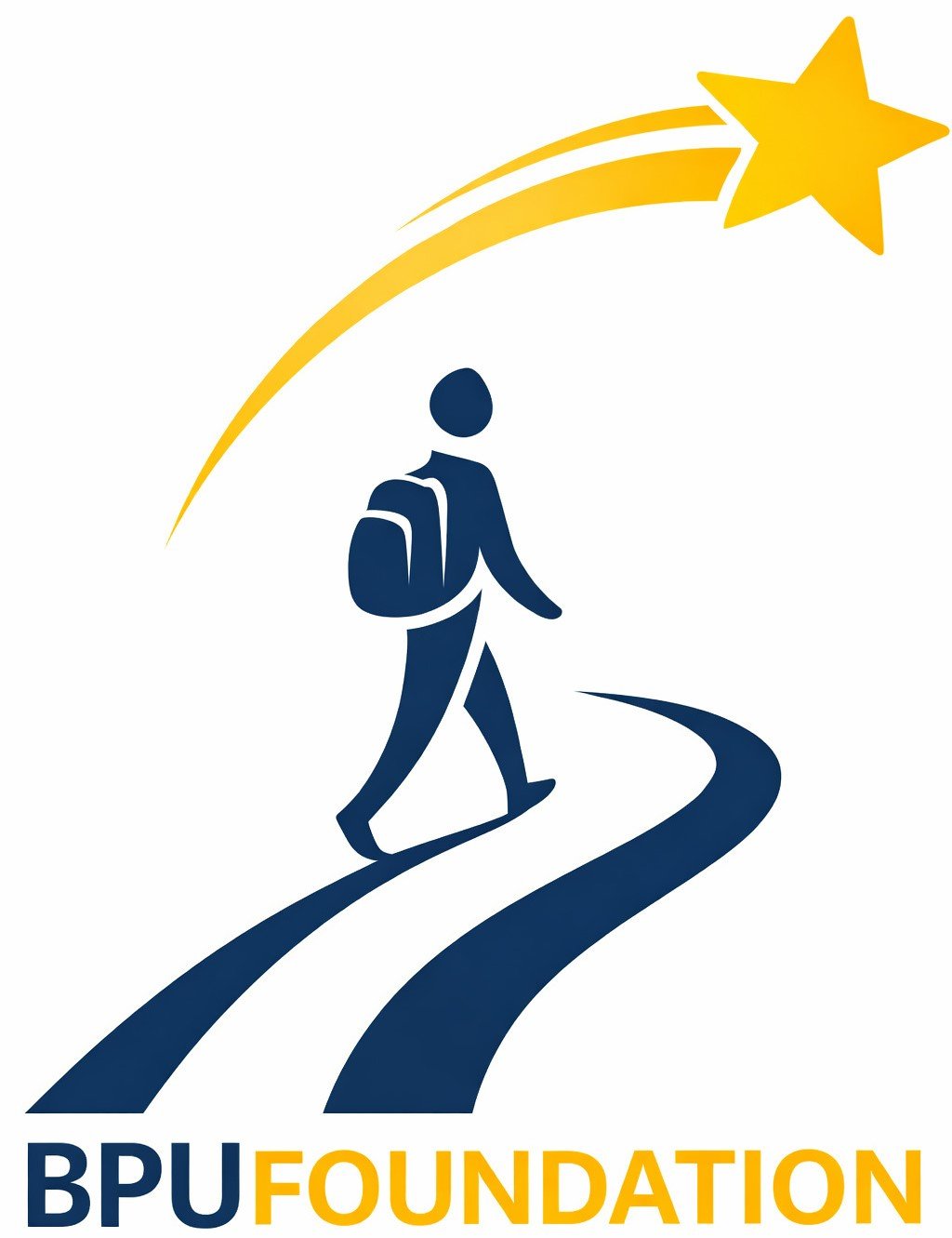Empowering Your Child's Growth Journey
At TouchStone we envision a transformative learning experience that sets students on a path of lifelong learning through research and discovery. We emphasize learning and development, empowering learning outcomes so as to teach students about self-advocacy and goal-setting.

Our Impact in Numbers
Transforming lives through quality education and assessment
2000
Current Enrollment
500
Satisfied Parents
80
Awards
"We aim at inspiring our students to dream more, learn more, do more, and become more in their respective careers."
Parent Experience
Hear from parents who trusted TouchStone for their child's career guidance
I would like to share our personal experience. My elder daughter had taken the Touchstone aptitude and interest test when she was in 9th standard. To be honest, after getting the report, we got busy with academics and completely forgot about the outcome.
Interestingly, my daughter initially chose a path very different from what the report had suggested — in fact, according to the assessment, it was an area where she was not expected to perform very well. But by the end of her 12th, she herself decided to change her direction, and to our surprise, her new choice was exactly in alignment with the career suggestions given in the Touchstone report.
This experience made me realise how accurate and insightful the assessment actually was. Sometimes children need time to explore and understand themselves, but a scientific test like this definitely provides the right foundation and clarity.
For students making subject or career choices
Start Your Assessment JourneyCPA Overview
Our research shows CPA helps you improve overall educational outcomes by adapting teaching according to each individual's learning abilities and challenges.

Initial Consultation
Discover strong interests, test preferences and personal beliefs through detailed consultation process.
Self-Assessment and Profiling
Evaluate key performance components. Skills assessment to help understand strengths and areas of improvement.
Career Exploration
Structured approach to help students in making informed decision about career choice and educational goals.
Goal Setting
Support service to help you identify the areas where you may need to work to best position yourself for success.
Action Plan
Chart the roadmap to support students reach career decision, goal building planning.
Continuous Support
Give and get feedback, find support opportunities, stay aware of professional development.

Tools and Techniques Used in Career Path Advisory
Assessment
Standard paper tests such as achievement tests and psychological tests are used to identify personality, behavior, interests and aptitude.
Personal Interviews
Individual sessions help to understand student's aspirations, explore diverse career opportunities and aligning interests with feasible options.
School Workshops
Informational presentations to allow students and their parents to be more aware and help them understand diverse career path.

Supporting BPU Foundation
At TouchStone, we believe career clarity should also create social impact. That's why we actively support BPU Foundation—an initiative focused on last-mile scholarship support for deserving students from economically weaker backgrounds.
"Each assessment you take doesn't just help you understand your future—it also helps someone else complete theirs."
A portion of assessment income is contributed to BPU.
Become part of the change
